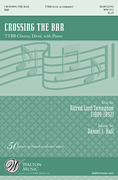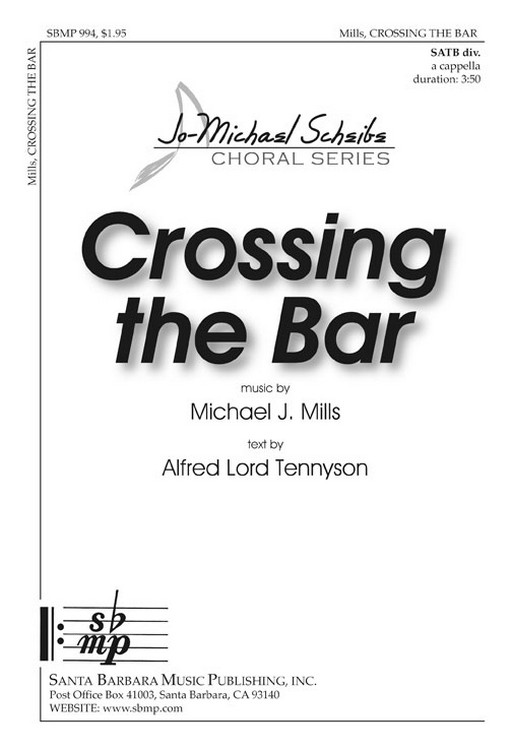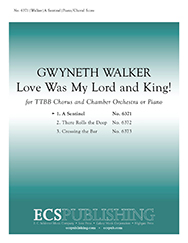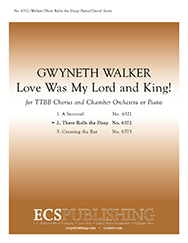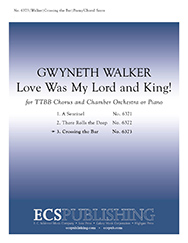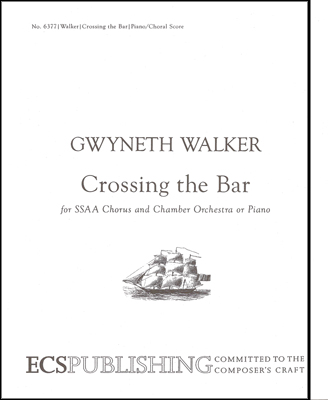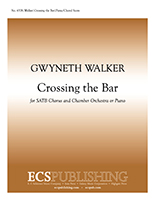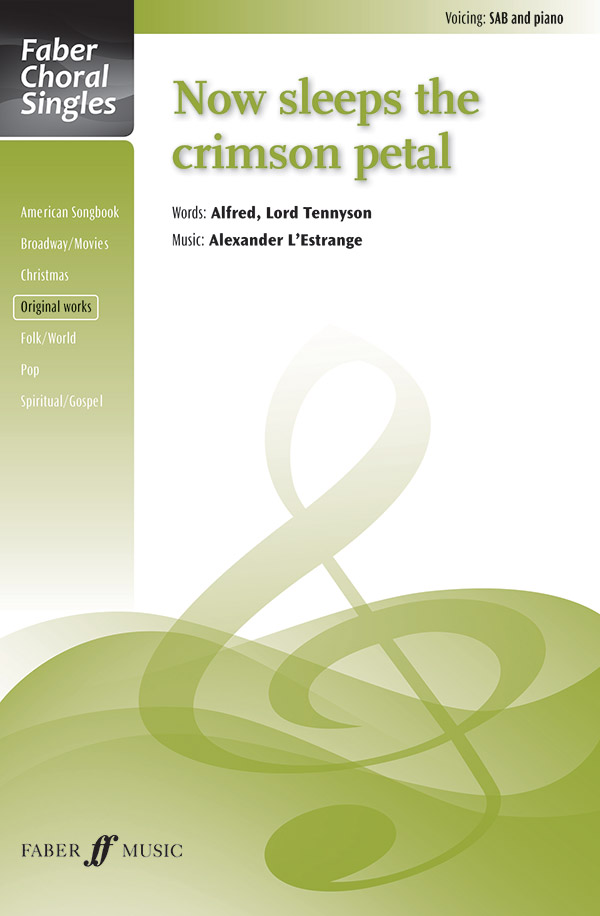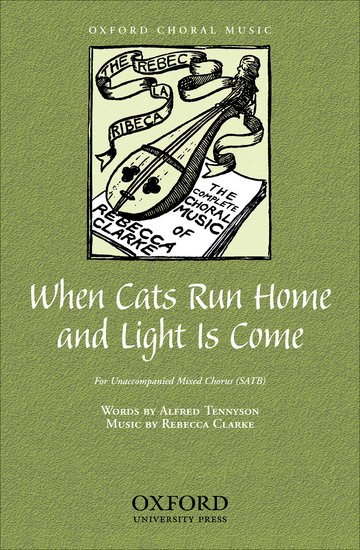In Celebration of the Human Voice - The Essential Musical Instrument
Home | Doo Wop | Barbershop | World | Contemporary | Christian | Vocal Jazz | Choral | Christmas | Instructional | Arrangements
Classical | Opera | Musicals | Personality | Young Singers | Disney | Videos | Songs | The Artists

Alfred, Lord Tennyson
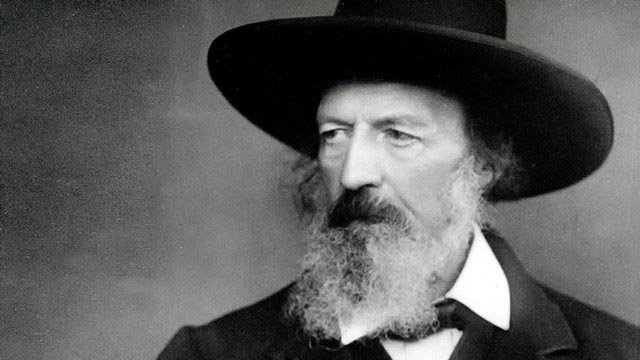
Alfred Tennyson, 1st Baron Tennyson was a British poet. He was the Poet Laureate of Great Britain and Ireland during much of Queen Victoria's reign and remains one of the most popular British poets.(3) In 1829, Tennyson was awarded the Chancellor's Gold Medal at Cambridge for one of his first pieces, "Timbuktu." He published his first solo collection of poems, Poems Chiefly Lyrical in 1830. "Claribel" and "Mariana", which remain some of Tennyson's most celebrated poems, were included in this volume. Although decried by some critics as overly sentimental, his verse soon proved popular and brought Tennyson to the attention of well-known writers of the day, including Samuel Taylor Coleridge. Tennyson's early poetry, with its medievalism and powerful visual imagery, was a major influence on the Pre-Raphaelite Brotherhood. |
Displaying 1-10 of 10 items.
The music and text of Crossing the Bar evoke maritime themes of wind, waves, water and surf. The accompaniment represents the currents - both physical and emotional - that spirit us through mortality and onward. While several settings of this well-loved Tennyson text exist, the composer has brought the poem to new life through this powerful new setting. Duration: ca. 3:35
Composer: Daniel J. Hall | Poetry By: Alfred, Lord Tennyson
Winner of the 2010 American Choral Directors Association Raymond W. Brock Memorial Student Composition Contest, the piece was premiered to great acclaim at the 2011 ACDA National Convention. Tennyson used the metaphor of an ocean sand bar to describe the barrier between life and death. In order to reach the shore, the ocean waves must crash against the sandbar, creating a sound that Tennyson describes as the "moaning of the bar." Composer Mills dramatically captures this text. An elegant, provocative piece for the mature choir.
Composer: Michael J Mills | Poetry By: Alfred, Lord Tennyson
The Sentinel describes the watchman keeping guard over love. He "whispers to the world of space, in the deep night, that all is well."
The poetry of Alfred, Lord Tennyson (1809-1892) is characterized by dark, yet transcendent imagery -- the depths of the ocean, the triumph of the spirit. These poems seem well-suited to musical settings for Men's Chorus. The deep tones. The sonority of male voices (perhaps speaking for the poet) rising in song.
Throughout the varied imagery of this poetry -- the depth of the sea, the dark of the night, the tumult of passion and the acceptance of death -- there speaks one, central message. "Love was my lord and king."
Composer: Gwyneth Walker | Poetry By: Alfred, Lord Tennyson
There Rolls the Deep speaks of the Tennyson affirmation of life. "For in my spirit will I dwell...I cannot think the thing farewell."
The poetry of Alfred, Lord Tennyson (1809-1892) is characterized by dark, yet transcendent imagery -- the depths of the ocean, the triumph of the spirit. These poems seem well-suited to musical settings for Men's Chorus. The deep tones. The sonority of male voices (perhaps speaking for the poet) rising in song.
Throughout the varied imagery of this poetry -- the depth of the sea, the dark of the night, the tumult of passion and the acceptance of death -- there speaks one, central message. "Love was my lord and king."
Composer: Gwyneth Walker | Poetry By: Alfred, Lord Tennyson
Crossing the Bar creates images of the sea, with the "final voyage" leading us out across the water, to see our "Pilot, face to face." The musical setting endeavors to express the growth from peaceful to ecstatic moods, the tolling of the bell, the meeting of the Pilot. "May there be no moaning of the bar, when I put out to see."
The poetry of Alfred, Lord Tennyson (1809-1892) is characterized by dark, yet transcendent imagery -- the depths of the ocean, the triumph of the spirit. These poems seem well-suited to musical settings for Men's Chorus. The deep tones. The sonority of male voices (perhaps speaking for the poet) rising in song.
Throughout the varied imagery of this poetry -- the depth of the sea, the dark of the night, the tumult of passion and the acceptance of death -- there speaks one, central message. "Love was my lord and king."
Composer: Gwyneth Walker | Poetry By: Alfred, Lord Tennyson
Crossing the Bar creates images of the sea, with the "final voyage" leading us out across the water, to see our "Pilot, face to face." The musical setting endeavors to express the growth from peaceful to ecstatic moods, the tolling of the bell, the meeting of the Pilot. "May there be no moaning of the bar, when I put out to see."
The poetry of Alfred, Lord Tennyson (1809-1892) is characterized by dark, yet transcendent imagery -- the depths of the ocean, the triumph of the spirit. These poems seem well-suited to musical settings for Men's Chorus. The deep tones. The sonority of male voices (perhaps speaking for the poet) rising in song.
Throughout the varied imagery of this poetry -- the depth of the sea, the dark of the night, the tumult of passion and the acceptance of death -- there speaks one, central message. "Love was my lord and king."
Composer: Gwyneth Walker | Poetry By: Alfred, Lord Tennyson
Crossing the Bar creates images of the sea, with the "final voyage" leading us out across the water, to see our "Pilot, face to face." The musical setting endeavors to express the growth from peaceful to ecstatic moods, the tolling of the bell, the meeting of the Pilot. "May there be no moaning of the bar, when I put out to see."
The poetry of Alfred, Lord Tennyson (1809-1892) is characterized by dark, yet transcendent imagery -- the depths of the ocean, the triumph of the spirit. These poems seem well-suited to musical settings for Men's Chorus. The deep tones. The sonority of male voices (perhaps speaking for the poet) rising in song.
Throughout the varied imagery of this poetry -- the depth of the sea, the dark of the night, the tumult of passion and the acceptance of death -- there speaks one, central message. "Love was my lord and king."
Composer: Gwyneth Walker | Poetry By: Alfred, Lord Tennyson
The first movement of Nights in Armor, a four-movement suite evoking the legend of King Arthur as related by Alfred, Lord Tennyson. "Merlin's Riddle" is a quirky, dance-like incantation, in which the famous sorcerer prophesies Arthur's coming.
Composer: Lee Kesselman | Poetry By: Alfred, Lord Tennyson
Now sleeps the crimson petal (Alfred, Lord Tennyson, 1809--92) entreats a lover to emulate nature's patterns, imploring that they first waken like the firefly and then "slip into my bosom and be lost in me." The music is inspired by composers Gerald Finzi and Roger Quilter, two of the most prominent figures in English song in the first half of the twentieth century. Faber Choral Singles offer a series of beautifully crafted arrangements in a diversity of musical styles for today's choirs. From Broadway, pop and folk to spirituals, gospel and original works, the Faber Choral Singles series guarantees the perfect repertoire for every occasion.
Arranger: Alexander L'Estrange | Poetry By: Alfred, Lord Tennyson
words by Tennyson.
Arranger: Rebecca Clarke | Poetry By: Alfred, Lord Tennyson
![]() Vocal Harmony Arrangements - Home
Vocal Harmony Arrangements - Home
Christian | Gospel | Standards | Musicals | Specialty | World | Barbershop | Contemporary | Vocal Jazz | Choral | Christmas
Mixed Voices | Female | Male | 8 Parts | 6 Parts | 5 Parts | 3 Parts | 2 Parts | Medleys | Solo | Folio Series | New Releases
Select a Category |
Want to Sing? - Find a Chorus Near You
List of Choruses by State | List of Choruses by City

